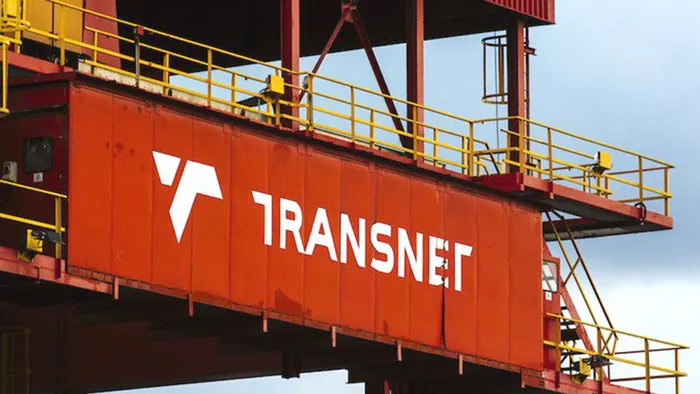
Transnet said on Thursday it welcomes the conviction of 26 individuals in the Xhariep District, Free State for theft of Transnet copper cables and essential infrastructure estimated at R29 million.
Image: Independent Newspapers Archives
Transnet said on Thursday it welcomes the conviction of 26 individuals in the Xhariep District, Free State for theft of Transnet copper cables and essential infrastructure estimated at R29 million.
It said the convictions mark a significant step in the fight against infrastructure crime, which remains one of the factors affecting Transnet’s operational performance and its ability to provide a sustainable freight logistics network. Enhancing security at Transnet’s key operations is paramount for maintaining operational efficiency, economic stability, and national security.It also highlights the effective collaboration between Transnet and South African Police Service (SAPS) and the National Prosecuting Authority (NPA) in the ongoing fight against infrastructure crime.
In September 2024, Transnet and SAPS signed a Memorandum of Understanding (MoU) to strengthen collaboration in the fight against theft and vandalism of essential infrastructure across Transnet’s logistics network.
The individuals, charged under the Prevention of Organised Crime (POCA) Act Section 9 (2) (a) – Informal Gang Related Activities, were found guilty of involvement in informal gang-related activities, which highlights the organised nature of these crimes.
The sentencing proceedings for all 26 accused are scheduled to commence on 29 September 2025 and will conclude on October 3, 2025 and the convicted individuals will remain in custody.
Transnet Group CEO, Michelle Phillips said, “We are pleased with the conviction, as it underscores the success of our collaboration with the SAPS. Addressing theft of copper cables and tampering with essential infrastructure is important for several interconnected reasons, impacting operations, financial stability, and the South African economy. These acts expose us to significant financial risks because we lose revenue and incur replacement costs. Moreover, increased maintenance and ongoing repairs due to the acts of opportunistic criminals and syndicates contribute to higher operational expenses.”